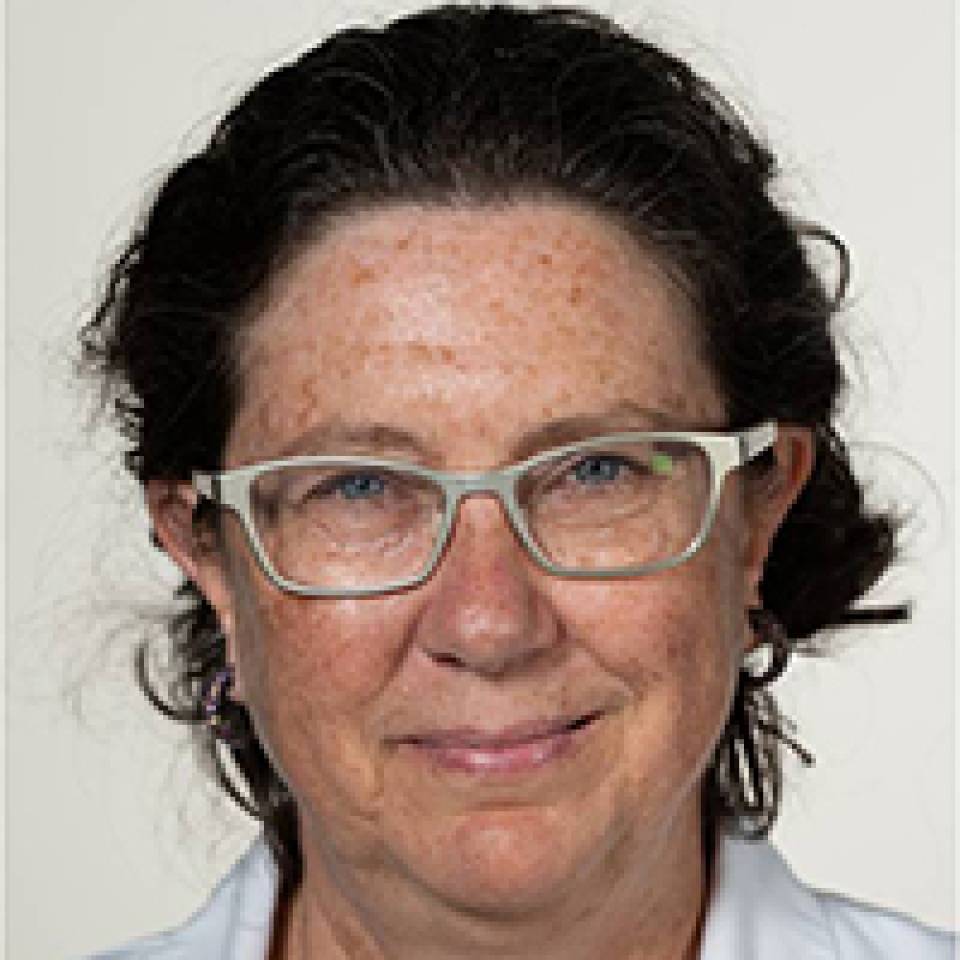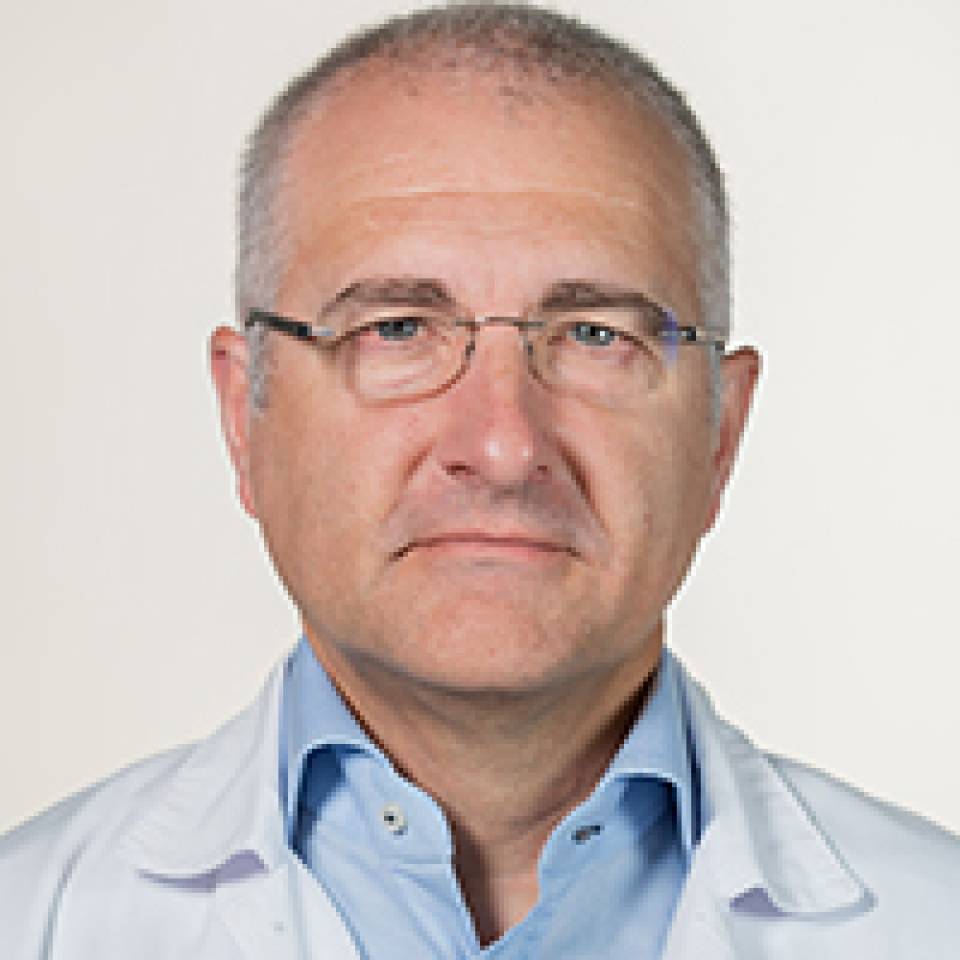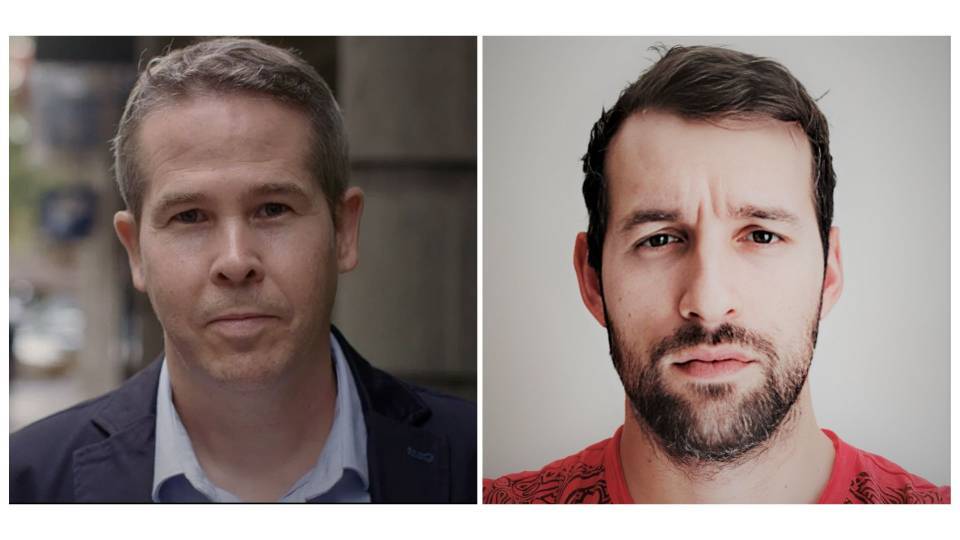Frequently asked questions about Depressive Disorder
This diagnosis does not exist, although there are individuals with a tendency to a depressive character in that their mood is regulated by feelings of despondency, sadness, despair, disillusionment and unhappiness. They have feelings of impotence, uselessness and low self-esteem. They are self-depreciating, tend to constantly deliberate and worry, usually criticise, judge, and take the opposite view of others, are pessimists, and feel guilty or repentant.
There is no characteristic age of onset of depressive disorders, and they can present and at any age. However, the age of onset does differ from one type of depressive disorder to another. Thus, adjustment disorders can present and at any age; dysthymic disorder usually starts in the young adult or adult stage, with its onset being uncommon in the elderly. The depressive episodes (major depression) are more common in the adult and in the elderly than in the young adult.
There are no data available that allows to suggest any type of hereditary relationship as regards adjustment disorders. On the other hand, the existence of a family history of depressive disorders does slightly increase the predisposition to suffer a depressive disorder of the depressive episode-type (major depression) or dysthymic disorder.
Certain characteristics of depressive disorder, such as its severity and the age of early onset, are associated with a greater genetic predisposition. However, even in these particular cases, the genetic component of this type of mental disorder is much lower than other psychiatric disorders, such as bipolar disorder or schizophrenia.
At the present time, a causal association between a particular genetic anomaly and to have a depressive disorder has not yet been demonstrated.
Up to the moment, there is no scientific evidence available that suggests a relationship between an abnormal lithium concentration in the blood and the development of a psychiatric disorder. For this reason, for the purpose of a diagnosis, we should not request an analysis of blood lithium levels. It should be remembered that it is of great use to request plasma lithium levels in individuals that, in the context of a depressive disorder or a bipolar disorder, are having treatment with lithium. In this case, to know the lithium levels in blood enables us to prescribe the most suitable dose of lithium carbonate for each subject.
The main aims of the psychological treatment in a depressive disorder, although they may vary from one subtype to another and, occasionally, from one individual to another, can be summarised as: to provide an adequate understanding of the disorder; modification of the symptoms as regards behavioural activation (gradual re-establishment of the previous functioning level, both as regards habits and daily routines, as well as regards fulfilling responsibilities and, later, pleasure activities) and cognitive restructuring (to identify the interpretative traits that they make, to question the validity or veracity of their conclusions and to widen or make their conclusions more flexible, as well as to understand how to substitute the distorted assertions for others with a more objective and more adaptive basis); to provide new techniques to face present and future stress situations, as well as techniques to face up better to feelings of sadness, anger, anxiety, shyness, or panic. For this, it can be useful to provide techniques for managing anxiety and techniques to increase social abilities with an improvement of assertiveness.
Approximately 20% of those who suddenly stop taking an antidepressant drug present with a withdrawal syndrome, with its incidence being much lower if it is stopped gradually. A withdrawal syndrome can also appear after a partial reduction of the dose. The most common symptoms are: headaches, feeling of instability, feeling of dysthermia (rare cold-hot sensation), unease, nausea, paraesthesia (pins and needle) in the extremities, and diarrhoea. The symptoms of withdrawal syndrome are usually mild and of rapid onset after the sudden withdrawal of the drug. The onset of the symptoms is usually on the first or second day after the withdrawal of the drug and, normally, disappear spontaneously within 1 or 2 weeks, although it is not unusual for them to last several weeks.
Any antidepressant drug can produce a mild sedation. It is important to note that this effect is usually temporary and mild. On the other hand, alcohol by itself, can also cause some drowsiness. Thus, it is understood that the combined use of alcohol and antidepressant drugs, particularly in the first days of antidepressant treatment, can provoke a feeling of sleepiness greater than if we consumed only alcohol or only antidepressant drugs. Furthermore, the habitual consumption of alcohol can reduce the effectiveness of the antidepressant drugs and predispose the person to have a depressive episode. However, the occasional or moderate consumption of alcohol would not be totally contraindicated in patients that take antidepressant drugs.
According to clinical experience in the use of the majority of antidepressant drugs during pregnancy, it can be stated that in a large number of antidepressant drugs, they do not seem to be associated with a higher risk of foetal malformations. Furthermore, there are no clear indications that contact by the foetus with antidepressant drugs can cause changes in the psychomotor development of the child.
The antidepressant drugs available on the market reach the maternal milk and, for this reason, infants of mothers on treatment with antidepressant drugs are exposed to these drugs. However, clinical experience does not suggest the existence of medically complex secondary effects in the infants of mothers that take antidepressant drugs. Even so, given the scarce medical information in this field, breastfeeding a child is not recommended in mothers that take antidepressant drugs. In any case, the initial medical recommendation must be that, in each individual case, we try to prioritise between maternal breast-feeding or the taking of antidepressant drugs.
Based on the elevated antidepressant efficacy of electroconvulsive treatment, there has, for decades, been enormous interest in the scientific community to obtain a therapeutic alternative to electric shock that, while maintaining the objective of producing an electrical stimulation, does not require anaesthesia or, if possible, the inducing of an electroencephalographic convulsion.
Transcranial magnetic stimulation is a technique that meets these criteria (does not require anaesthesia, does not require a convulsion) in that an electric current is induced by means of the repeated and maintained applications of magnetic fields in the prefrontal area (more or less in the area of the temples).
Despite a large number of studies being published on transcranial magnetic stimulation in depressive disorders (mainly in the depressive episode or major depression subtypes), there is not enough consensus as regards its effectiveness. The current controversy is due to several reasons. On the one hand, there are methodological aspects of these studies that make it difficult to draw conclusions, and on the other hand, the results themselves as regards its efficacy are a subject for discussion. In this respect, considering the results all together, the remission rates and, even the level of improvement observed, they are not especially elevated. All these facts justify that the clinical application of this therapeutic alternative is still subject to debate.
Deep brain stimulation is a recently developed experimental surgical treatment aimed at treating people with depressive disorder of the major depression subtype resistant to various pharmacological prescriptions and to psychological treatment. At the moment, this experimental therapeutic option has not been established as an alternative treatment for patients affected by an adjustment disorder or a dysthymic disorder.
At the moment, awaiting having studies with large populational samples available, this therapeutic technique is totally restricted to the research field, not to daily clinical practice.
The first and most urgent is to try to get the patient seen by a doctor so that he/she can evaluate and treat the physical consequences arising from the suicide attempt (any wounds due to the trauma, any harmful effect of any pills ingested, etc.), and the risk that a second attempt of imminent of self-harm may occur. Based on this risk the patient may be admitted to hospital (if it is very high) or a referral for outpatient follow-up by a specialist. It is important as well, for close relatives not to try to blame the patient. It is good that the patient sees that we understand that he/she has seen in the need to behave like this as a result of the intense unease produced by the symptoms of the disorder. Independently of this, but not in the acute period, both the family and the health staff, could suggest and/or teach alternative behaviours that could help the patient in the future to reduce that need of ending their life.
Substantiated information by:


Published: 3 April 2018
Updated: 3 April 2018
Subscribe
Receive the latest updates related to this content.
Thank you for subscribing!
If this is the first time you subscribe you will receive a confirmation email, check your inbox


